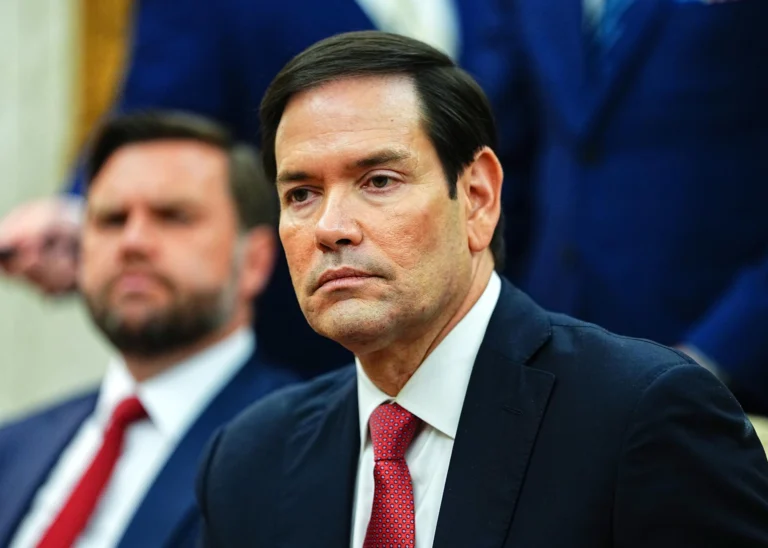As of this time, neither the Pentagon nor the U.S. Southern Command has revealed concrete information about the alleged U.S. military deployment in the Caribbean, projected towards Venezuela. This absence of official data is revealing.
Institutional logic indicates that, if it were a high-profile operation framed within a major state objective—such as the “fight against drug trafficking” in the region—Defense Secretary Pete Hegseth should be offering details to the press or reporting on the deployment through the Pentagon’s official accounts. However, the silence is deafening.
The architecture of a psychological operation
Everything points to a psyop galvanized by Reuters and leveraged by Marco Rubio, with a dual objective of pressure.
On the one hand, it seeks to force Trump to speak of Venezuela exclusively in terms of force.
On the other, it aims for extremism to take advantage of the momentum to destabilize the country, similar to the armed rehearsals that have been dismantled in the past.
The discourse of U.S. officials must be analyzed carefully to correctly decipher this political moment.
The sequence of statements by Marco Rubio (Secretary of State), Christopher Landau (Undersecretary of State), Pam Bondi (Attorney General), and Karoline Leavitt (White House Press Secretary) reflects the political and narrative limits of openly proposing a military intervention against Venezuela.
The Venezuelan Executive interprets the Trump Administration’s offensive as a sign of its vulnerability: “Each aggressive declaration confirms the inability of imperialism to subdue a free and sovereign people,” the statement reads.
None of these officials wants to infringe on the red lines of “no more wars abroad,” the MAGA catechism on which Trump’s popularity rests among his voters.
There is also a question of timing: Trump is in “peacemaker” mode with respect to Ukraine, clarifying that he will not send troops to that country, which theoretically closes any opening towards approaches of aggressive activity abroad.
Openly calling for a war or invasion could cost any official their job. In this context, the psychological operations derived from the increase in the reward against Maduro configure a scenario of non-kinetic and hybrid operations, which would include a wide range of resources: from cyberattacks and sabotage of infrastructure to pockets of armed violence. A dirty war intended to wear people down, even republishing a “Gedeon 2025 format”.
Congressional conditioning
Beyond these elements, there is a clear intent to condition the overall Washington–Caracas relationship in favor of the Republican hawks.
Congress is on recess and will return to work in early September, at which point the reward and the pro-intervention narrative could serve as momentum to enact draconian—already pre-drafted—bills aimed at reinforcing the sanctions (even against changes the White House might want to make) and closing off any possibility of negotiation between Trump and Maduro
Cultural war and cognitive war
The strategy seeks to irreversibly break the bridge Grenell built, with the added effect of momentarily saving Rubio from criticism coming from Florida for “not doing anything to overthrow Maduro” and for “leaving MCM forgotten.”
Rubio is obligated to protect his political cradle, an essential platform for his eventual presidential bid in 2028. Without these analytical elements, we run the risk of becoming victims of a collective fear that, fabricatedly, they seek to instill.
Understanding these dynamics is essential to avoid falling into the trap of a narrative designed more for internal political pressure than to reflect a concrete military reality.
The Pentagon’s silence is part of a strategy in which ambiguity serves political objectives better than operational clarity. In this shadow play, the psyop replaces the real operation, at least for now.






